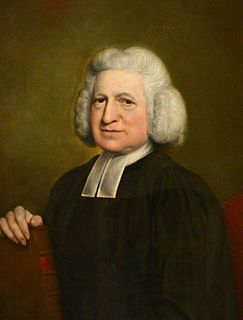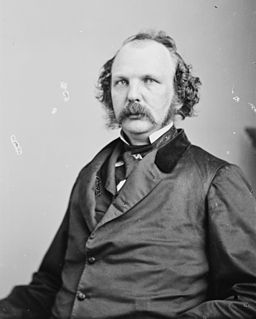A Quote by William Shakespeare
Good name in man and woman, dear my lord, Is the immediate jewel of their souls: Who steals my purse steals trash; ’tis something, nothing; ’twas mine, ’tis his, and has been slave to thousands; But he that filches from me my good name Robs me of that which not enriches him, And makes me poor indeed.
Related Quotes
Oh for a thousand tongues to sing my great Redeemer's praise, the glories of my God and King, the triumphs of his grace! My gracious Master and my God, assist me to proclaim, to spread through all the earth abroad the honors of thy name. Jesus! the name that charms our fears, that bids our sorrows cease; 'tis music in the sinner's ears, 'tis life, and health, and peace.
God has created all things for good; all things for their greatest good; everything for its own good. What is the good of one is not the good of another; what makes one man happy would make another unhappy. God has determined, unless I interfere with His plan, that I should reach that which will be my greatest happiness. He looks on me individually, He calls me by my name, He knows what I can do, what I can best be, what is my greatest happiness, and He means to give it me.
There is no beautifier of complexion, or form, or behavior, like the wish to scatter joy and not pain around us. 'Tis good to give a stranger a meal, or a night's lodging. 'Tis better to be hospitable to his good meaning and thought, and give courage to a companion. We must be as courteous to a man as we are to a picture, which we are willing to give the advantage of a good light.
I'll not meddle with it; it is a dangerous thing; it makes a man a coward; a man cannot steal, but it accuseth him; a man cannot swear, but it checks him; a man cannot lie with his neighbor's wife, but it detects him. 'Tis a blushing, shame -faced spirit, that mutinies in a man's bosom ; it fills one full of obstacles; it made me once restore a purse of gold that by chance I found; it beggars any man that keeps it; it is turned out of all towns and cities for a dangerous thing; and every man that means to live well endeavors to trust to himself and live without it.
The law no passion can disturb. 'Tis void of desire and fear, lust and anger. 'Tis mens sine affectu, written reason, retaining some measure of the divine perfection. It does not enjoin that which pleases a weak, frail man, but, without any regard to persons, commands that which is good and punishes evil in all, whether rich or poor, high or low.
O Romeo, Romeo, wherefore art thou Romeo? Deny thy father refuse thy name, thou art thyself thou not a montegue, what is montegue? tis nor hand nor foot nor any other part belonging to a man What is in a name? That which we call a rose by any other name would smell as sweet, So Romeo would were he not Romeo called retain such dear perfection to which he owes without that title, Romeo, Doth thy name! And for that name which is no part of thee, take all thyself.


































